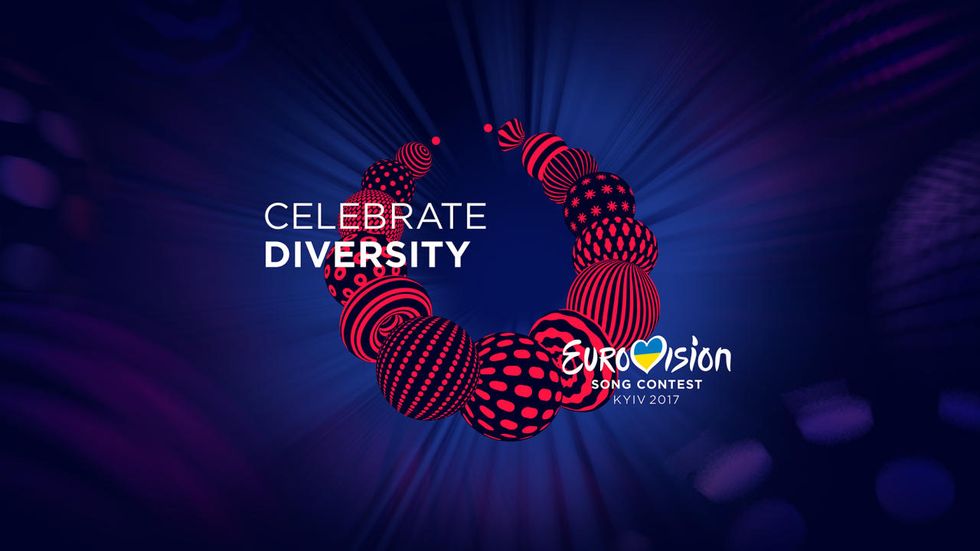About halfway through May last year, I delved into the who, what, when and where of the longest-running annual international TV song competition, formally titled "The Eurovision Song Contest," or Eurovision, for short. For American viewers, this contest has only recently begun to surface in the United States, which arguably is better late than never. Eurovision has been around since 1956, and it only premiered on American television for the first time last year, through Logo TV, an LGBTQ+ channel which most TV owners don’t have or not many know about. Truly, if it weren’t for the popularity of RuPaul’s Drag Race, I along with many of my friends wouldn’t know about this channel. Nowadays, nearly everyone watches shows strictly on Netflix or through streaming services anyway. With that in mind, it had been announced back in April that Logo TV was set to exclusively premiere Eurovision once again for the U.S. More specifically, the Grand Final and winner’s ceremony will air live, commercial-free this Saturday, May 13th at noon. (Mark your calendars!) They will also be streamed live exclusively for U.S. viewers at logotv.com, Logo’s YouTube channel and the LogoTV mobile app.
Sounds like easy access, right? For long-time fans, that isn’t the case. Before the Grand Final, there are two semi-finals that determine which countries will compete in the final on Saturday. The live stream of the first semi-final yesterday afternoon was labeled ‘unavailable in your country,’ and, of course, countless viewers left complaints on this lack of accessibility. I mean seriously, for anyone who’s ever tried to watch merely a YouTube video from another country, this is not a rare occurrence. I’ve lost count of the number of music videos or teaser clips I couldn’t watch because the video was only made available to viewers of that specific country. Why is access still limited to American viewers? And on that note, why did it take so long for Eurovision to become available for the U.S? It has a worldwide viewing every year with millions of fans tuning in.
Personally, being of both Russian and Ukrainian descent, it’s been a longtime tradition to watch all three parts of the competition with my family. This week will mark my twelfth year watching Eurovision, which is already more than half of my life. (It still shocks me.) The months leading up to the contest have always been filled with growing anticipation and excitement, especially with my family’s shared love for music of various genres and in different languages. However, this year is also the first time that perhaps my childhood fondness for the competition has, for the most part, faded. Of course I still wouldn’t want my family to watch it without me. But, as I’ve been preoccupied with finals and one deadline after another creeping up in my schedule, my main priority is keeping track of all my remaining assignments and doing well on my finals.
I only have a few weeks left in this semester, and surely since I started college back in 2014, finals have ended up conflicting my schedule with our plans to watch Eurovision together, with the three parts viewed throughout the week. I’ve always loved listening to all the songs with my family beforehand, as we chose our favorites in advance, with our own voting system, separate from all the politics and conflicts which have especially been prominent with this year’s contest. (Aside from the fact that Russia and Ukraine are literally the two countries at the heart of this year’s political drama in regards to Eurovision). But due to our schedules, my family didn’t really get to spend time fully immersing ourselves in the music of this year’s contestants, which upon the first listen none really stand out.
For Eurovision 2017, the theme is ‘Celebrate Diversity’ and the contest takes place in Kiev, Ukraine, following Jamala’s win for Ukraine last year with her highly-criticized song “1944.” With the horrific state of our current political atmosphere in the U.S, this year’s theme for the contest spreads much-needed positivity and light for a hopeful future amidst numerous conflicts internationally. May the Grand Final on Saturday bring international fans together once again in a critical time of disconnect.
















